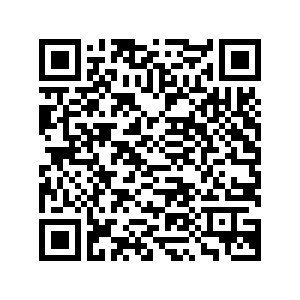WELLINGTON, Sept. 22 (Xinhua) -- New Zealand's household confidence has decreased as financial pressures bite, with young people having real concerns about future financial prosperity, according to a survey released on Friday.
The Westpac McDermott Miller Consumer Confidence Index fell 2.9 points in September to a level of 80.2, which is well below average and signals that the number of New Zealand households who are pessimistic about the economic landscape outweighs those who are optimistic by a wide margin, according to the survey.
"The big concern for New Zealand households is the pressure on their finances," said Westpac Senior Economist Satish Ranchhod, adding that the past few months have seen continued large increases in living costs, as well as a related rise in borrowing costs. Those conditions are squeezing households' spending power.
Just 10 percent of the households surveyed in September said they had seen their financial position improve in the past year, Ranchhod said.
"That's the lowest result we've seen in the 35 years the survey has been running," he said, adding that nearly half of households said their financial position had deteriorated in the past year.
Many families have been winding back their spending on activities like dining out, Ranchhod said, adding that spending appetites are expected to remain subdued as heading into the new year.
A strong feeling of pessimism remains across all demographic groups, the survey said, adding that over half of women see themselves as worse off financially than they were a year ago, compared with around two in five men.
Imogen Rendall, market research director of McDermott Miller Limited, said confidence among younger people aged 18-29 has also dropped considerably this quarter, down 6.8 points to 83.6.
This is a level of pessimism not seen in this age group since June 2008 and suggests that young people have real concerns about their own future financial prosperity as well as the economic future of New Zealand, Rendall said.
The survey was conducted over Sept. 1 to Sept. 13, with a sample size of 1,551. An index number over 100 indicates that optimists outnumber pessimists. The margin of error of the survey is 2.5 percent. ■
